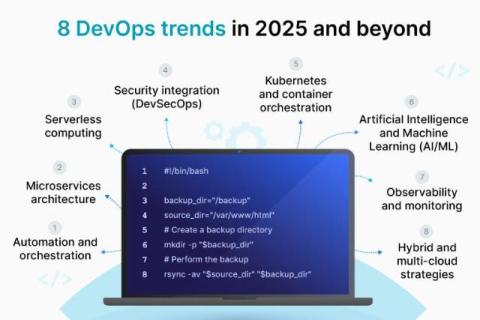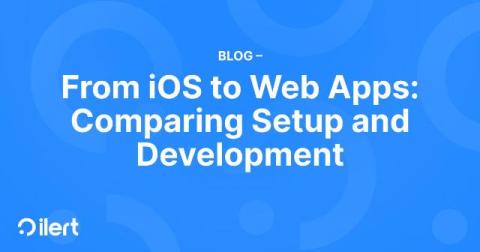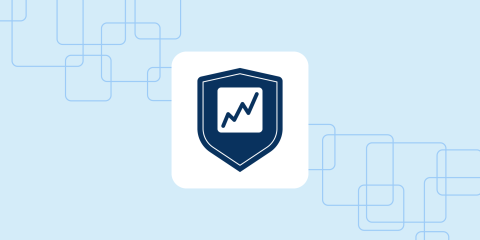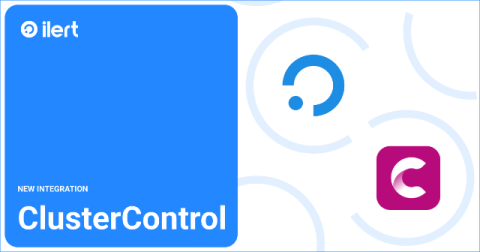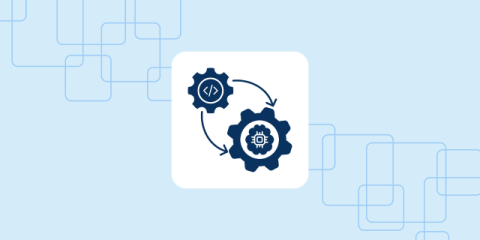8 Future DevOps Trends In 2025 - Learn How To Stay Competitive
What is the future of software development and deployment? DevOps processes have helped take developers and operations folks out of their silos and share responsibilities. But is it enough to succeed long term? Many companies have yet to embrace DevOps completely across their teams. Clearly, the culture of sharing tools, a key aspect of DevOps, is not enough.


